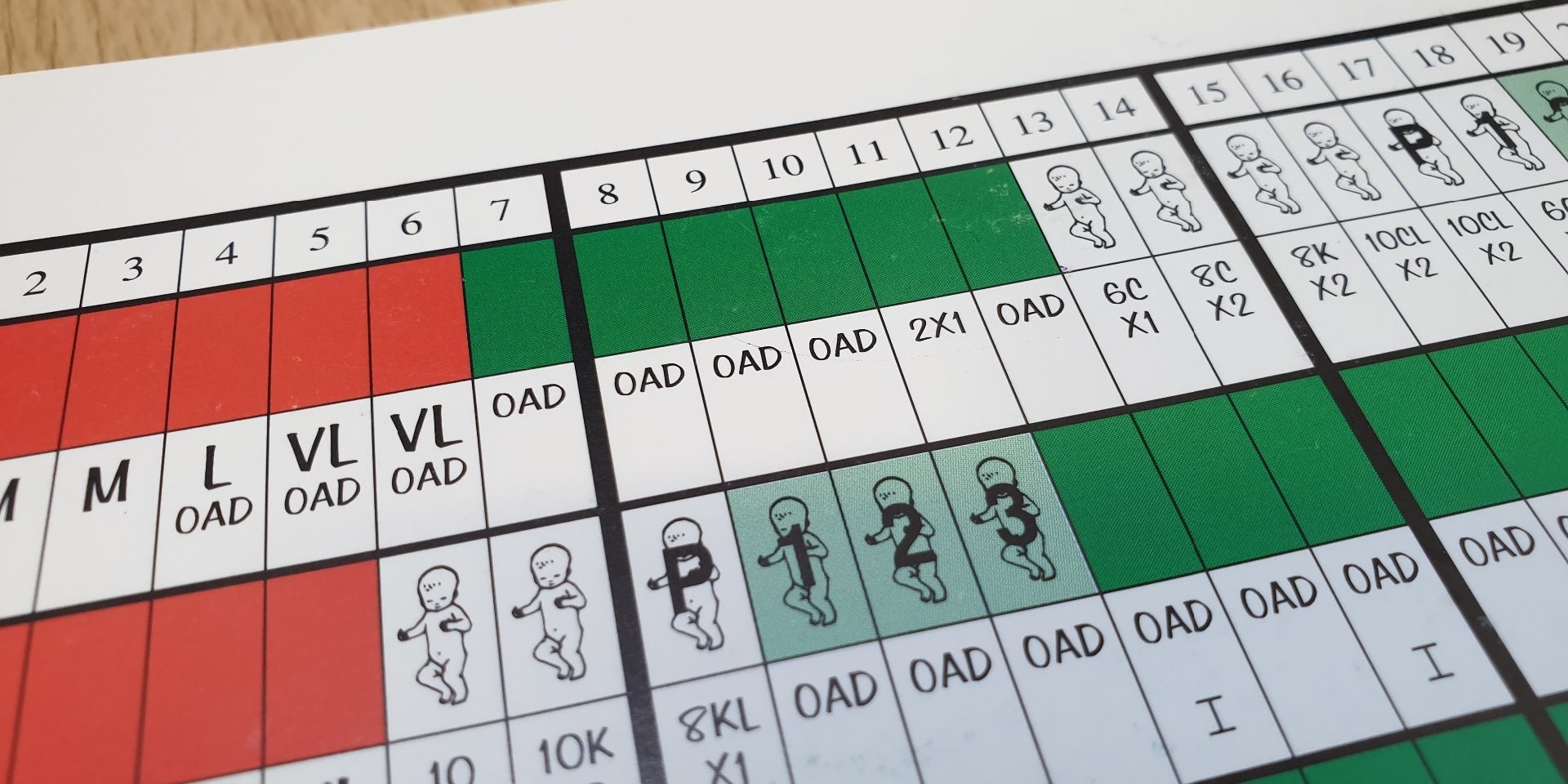Creighton Model
The Creighton Model FertilityCare System (CrMS) is named after the University in Omaha, Nebraska (USA) where it was developed in the 1970s. The goal was to develop a method of capturing the individual nature of a woman’s cycle in a scientifically robust and measurable way.


Women are taught to observe their body for biomarkers. Biological markers are in the first instance what the woman can observe on the outside of her body giving insight into internal hormonal events. The menstrual bleed and cervical mucus being the two obvious examples. Women and couples are then taught how to record these observations in a coded way.
The result is that on any given day couples can know with accuracy as to whether the day is fertile or infertile. This empowers a couple to manage their fertility naturally. It fosters harmony and acceptance of normal healthy body function. They learn that they can manage this reliably.
Studies have shown the reliability of the method’s effectiveness as 99.5% and use effectiveness as 96.8%. The method does not depend on cycles being regular. It can be easily used even at times of stress, during breast feeding, peri-menopause, etc.
The pattern of the chart that emerges over time shows the uniqueness of each woman as well as each cycle. Further biomarkers emerge such as the particular pattern of bleeding, mucus production or the length of time between different stages within the cycle. These provide women and couples with a new dimension of feedback on their fertility. They begin to observe how stress particularly, but also diet, exercise, etc. are being reflected in the FertilityCare record. This adds to a woman’s/couple’s ability to then influence their own gynaecological health and wellbeing through their lifestyle. More on charting cycles.
A further major aspect of the CrMS is the beneficial effect it has on the couple’s relationship. Couples who manage their fertility naturally have a greatly reduced divorce rate. In some studies this is as low as 1 in 150 and most of the studies show this to be independent of faith, income or education status. This is because couples managing their fertilty naturally become more in tune with each other, communicate better and appreciate each other more. Through the use of natural fertility management they develop the broader dimensions of their relationship, such as spiritual, emotional and social aspects.
Finally, should a couple experience gynaecological difficulties such as inability to conceive or severe PMS, then the use of the CrMS allows seemless treatment with Naturopathy and access to medical interpretation of the charts by a NaProTechnology trained physician.




